This November, you may see an increase in the number of men walking around with mustaches. This is because men seeking to “change the face of men’s health” will be growing mustaches in honor of “Movember,” the annual men’s health awareness month. Building awareness for men’s health issues is of critical importance because, simply put, men often take a reactive approach to their health and well-being. Men use alcohol and tobacco products more frequently than women, and visit the doctor much less regularly. Men lead in other alarming statistics – one in three has high blood pressure and twice as many men die from coronary heart disease. As a result, men’s life expectancies are six years shorter than those of women. The impact of these concerning trends is not limited to men. When a husband and father dies prematurely, statistics show that the spouse and children are far more likely to live in poverty.
UNC physicians Culley Carson, MD, former president of the American Society for Men’s Health and Congress President for the International Society of Men’s Health, and Eric Wallen, MD FACS, who led the development of UNC’s minimally invasive and robotic surgery programs, saw these disturbing trends firsthand in their urology practices. They realized that the only way to improve health outcomes among men, particularly those who could not easily access physicians and other healthcare resources, was to disrupt the traditional men’s health delivery system. Drs. Carson and Wallen envisioned a comprehensive Men’s Health Initiative with integrated care clinics anchored by urology and primary care providers, community outreach programs emphasizing the importance of early detection and prevention, and strong relationships with primary care physicians across the state to offer health care access to underserved populations.
The vision to transform men’s healthcare hinged upon bringing together the collective resources of UNC to provide better service to the state of North Carolina. With innovative programs in urology, cancer care, cardiology and public health, UNC has the breadth and depth of expertise to address this public health crisis. It was the opportunity to leverage the collective world-class programs to better serve men across the state that drew longtime UNC supporters Lowry Caudill and Roger Perry to support the Men’s Health Initiative. Patients of Dr. Carson and Dr. Wallen, respectively, Perry and Caudill knew that this multi-disciplinary approach was exactly what UNC needed to carry out such an ambitious vision.

For Caudill and Perry, a Men’s Health Initiative at UNC meant building an exemplary approach to accessible health care for men—one that would first and foremost meet the needs of North Carolinians while also serving as a national model. Both men have deep roots in North Carolina and a tremendous affinity for their state, describing UNC as a treasure and a gift. They want all North Carolinians to have access to the resources UNC has to offer.
“With our specialties and expertise, UNC is positioned to change the face of men’s health. We need to make it easy for men to get the care that they need, whether that is getting more men to come to us or us going out to them.” – Lowry Caudill, PhD
With early funding from these two leaders, and the vision and expertise of Drs. Carson and Wallen, the Men’s Health Initiative is poised to change the paradigm in men’s health care by reaching men where they are to change their health outcomes. A single father living on the outskirts of Murphy or a retired grandfather in Manteo will have the same accessible, comprehensive healthcare options that Caudill and Perry have in Chapel Hill. This accessible, comprehensive care will improve the health of men across the state, changing the futures of families and caregivers across North Carolina.
If you would like to join our efforts to transform men’s health, please contact Brian Frerking, Director of Development, at 919-843-5733 or brian_frerking@med.unc.edu.
